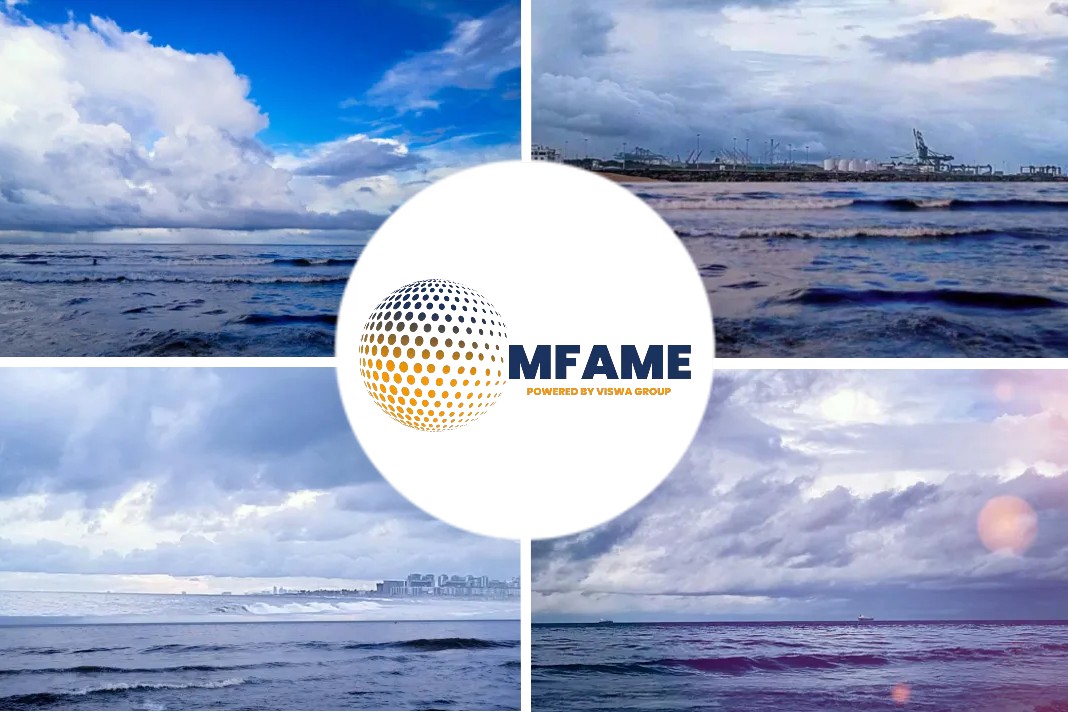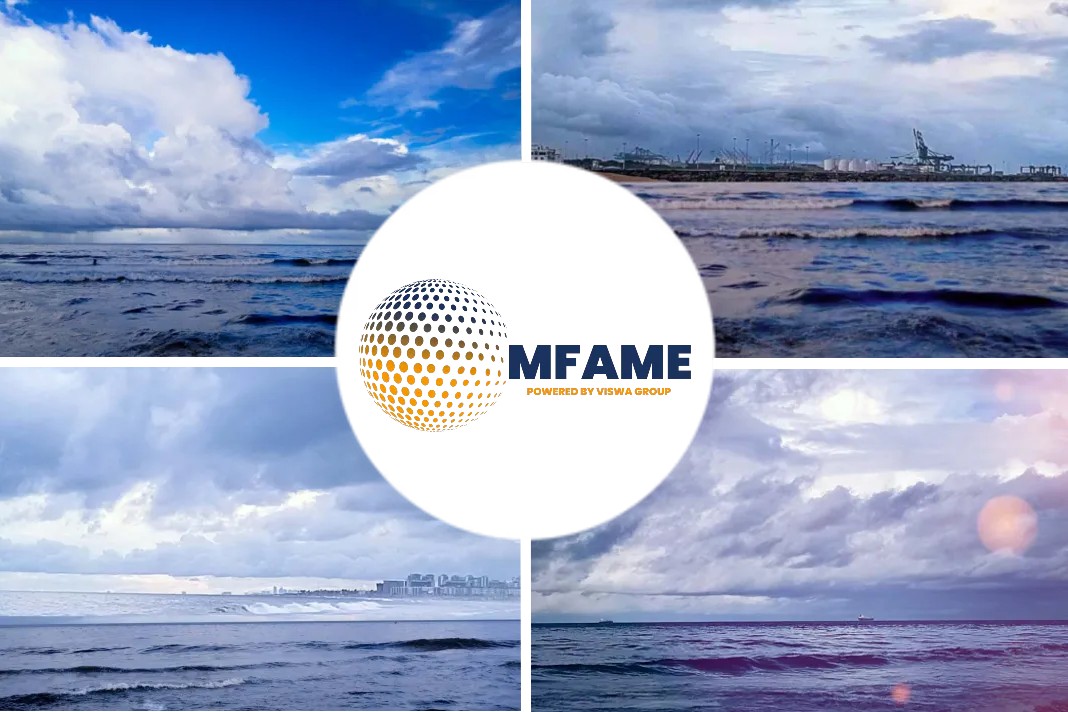Leading Classification Society ClassNK granted an Approval in Principle (AIP) to Osaka Gas for their joint project with Daihatsu Diesel on an LPG Reformer for marine engines, says a press release published on their website.
This was the first AIP granted in Japan for such equipment.
Design of LPG Reformer
The LPG Reformer is designed to convert LPG into synthetic methane gas equivalent to the kind found in LNG.
Due to being mainly composed of propane and butane, LPG is susceptible to knocking (abnormal combustion), making it difficult to use as a fuel for lean burn gas engines and dual fuel engines.
In contrast, by converting LPG into synthetic methane gas with the LPG Reformer prior to fueling the engine, the risks of knocking can be restrained, resulting in equivalent operational performance observed when using LNG.
Advantages of using LPG
Additionally, by using LPG as fuel, the emission of environmentally harmful substances like SOx and NOx can be significantly reduced compared to when using conventional heavy oil fuels, allowing for compliance to the 2020 IMO SOx regulation and more by using marine engines themselves.
IGF Code
Further, when using LPG as fuel, the International Code of Safety for Ships using Gases or other Low-flashpoint Fuels (IGF code) applies.
The current IGF code, however, does not address specific regulations for alternative fuels other than LNG.
Class NK guidelines for Ships Using Low-Flashpoint Fuels
For this reason, ClassNK released Guidelines for Ships Using Low-Flashpoint Fuels (Methyl / Ethyl Alcohol / LPG) in June 2019 which outline safety requirements for other viable alternative fuels besides LNG.
The recently issued AIP to Osaka Gas is also in line with these guidelines.
Did you subscribe to our daily newsletter?
It’s Free! Click here to Subscribe!
Source: ClassNK













![[Watch] Surfer Breaks World Record by Riding 80ft Wave](https://mfame.guru/wp-content/uploads/2018/05/VOD-13-696x385.jpg)

